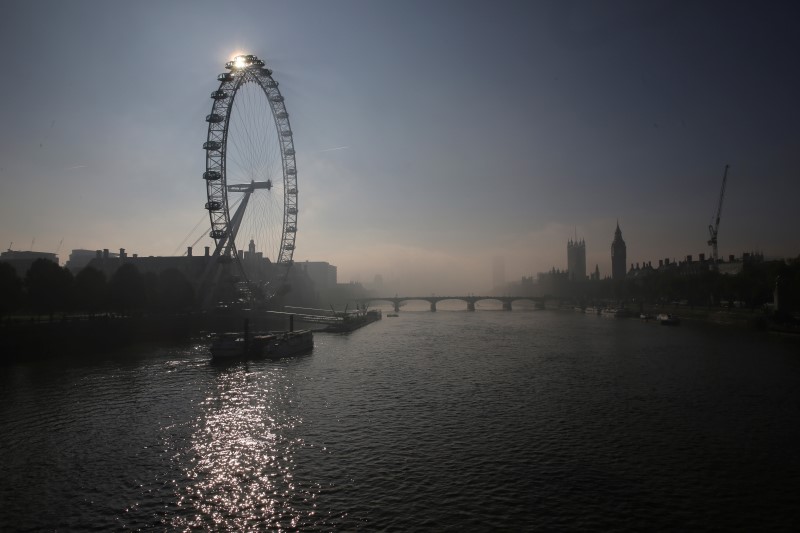Proactive Investors - Spending on public services and welfare pushed the government deficit to £3.1 billion last month, more than double the level expected and the level from a year earlier.
This was the highest level of July borrowing since 2021, according to the Office for National Statistics, though down from borrowing of £13.5 billion from June, which was revised down from the initial estimate of £14.5 billion.
Borrowing in July is typically lower due to a high inflow of self-assessment tax receipts, which this year reached £12.9 billion, up £1.1 billion from a year ago.
Central government spending on public services and benefits have continued to grow with inflation, ONS said, though these increases were partially offset by a reduction in debt interest payable compared with July last year.
Borrowing in the first four months of the financial year stands at £51.4 billion, the ONS said, which is down £0.5 billion than a year ago but still in the top four highest levels since the 1990s.
At £2,745.9 billion, total debt was 91.9% of GDP, which was 4.9 percentage points more than a year earlier.
ONS deputy director Jessica Barnaby says: "Revenue was up on last year, with income tax receipts in particular growing strongly.
"However, this was more than offset by a rise in central government spending where, despite a reduction in debt interest, the cost of public services and benefits continued to increase.”
Spending is already overshooting forecasts from the Office for Budget Responsibility, suggesting government borrowing will exceed the Budget forecasts, said economist Rob Wood at Pantheon Macroeconomics.
"Further revisions could easily change the picture, but Chancellor Rachel Reeves will likely have to raise taxes and borrow more in the medium term to cover spending more on public services," he said, but noted that self-assessed income tax payments can be delayed so waiting until August is necessary to get the true picture.
He said: "The gap between borrowing and the Budget forecasts is small relative to the potential for future revisions and forecast errors but indicates the pressures to spend more facing the new Chancellor."
Following Reeves' debut speech as Chancellor last month, detailing the £22 billion "black hole" in public finances, Wood said the Labour government "will surely" top up Jeremy Hunt's spending plans to cover the costs of commitments on defence spending, healthcare and more broadly to boost creaking public services.
Alex Kerr at Capital Economics agreed: "Overall, today’s release highlights the tight fiscal backdrop that the Chancellor faces ahead of her first Budget on 30th October.
"We still think that she will look to raise an additional £10 billion a year via higher taxes in the Budget and increase borrowing by around £7bn a year."
